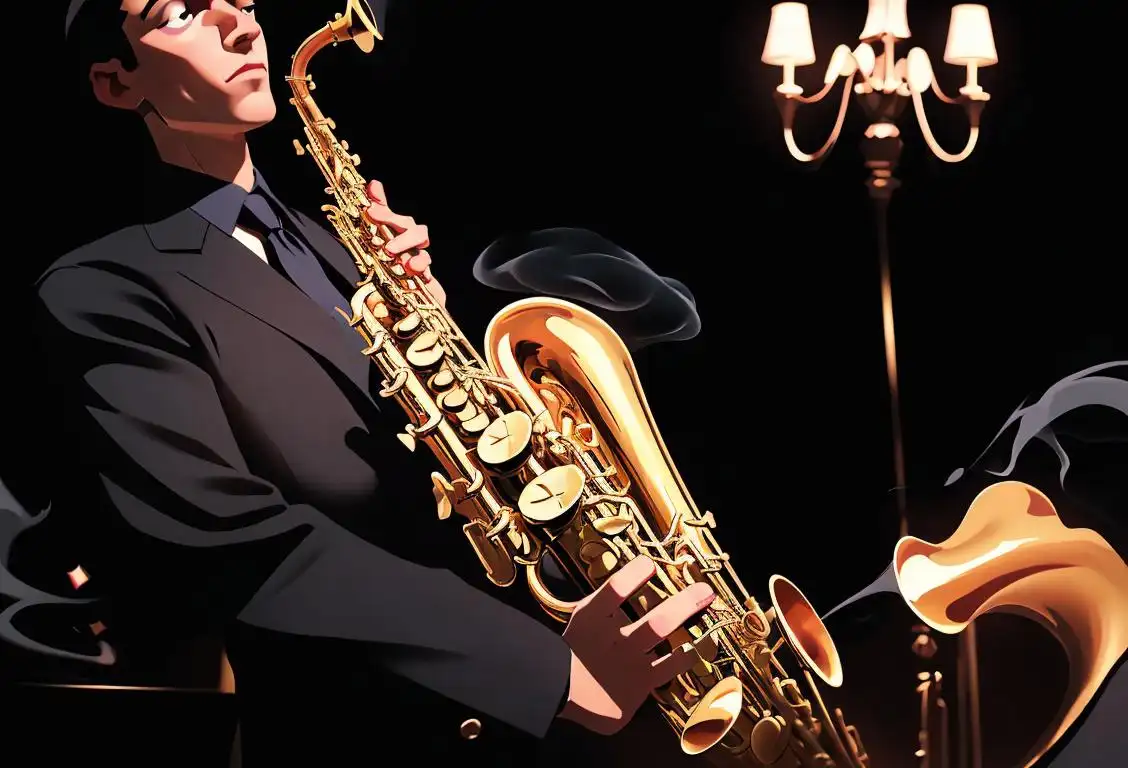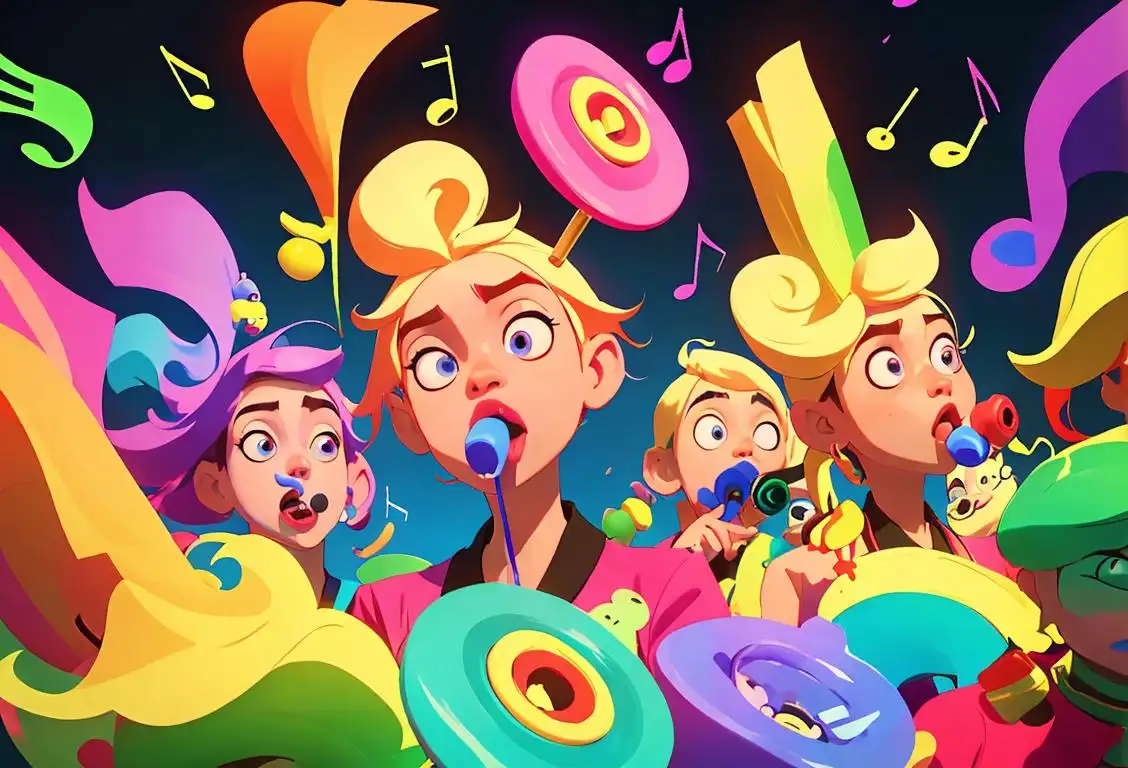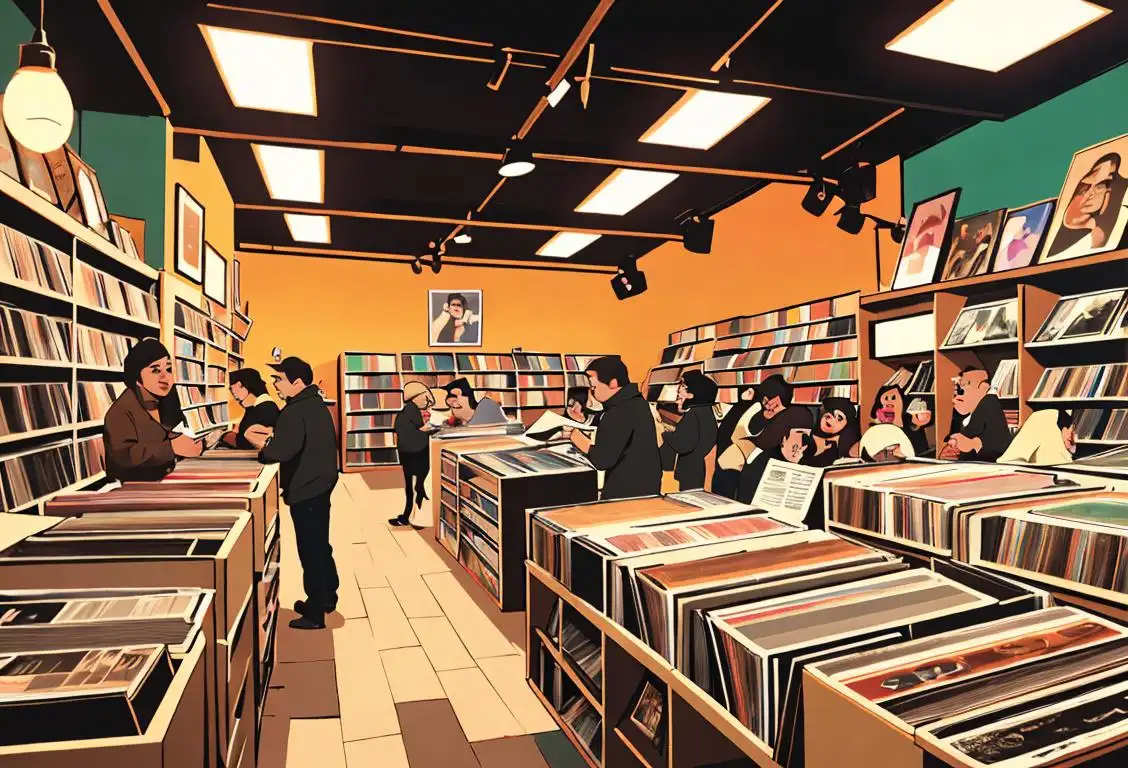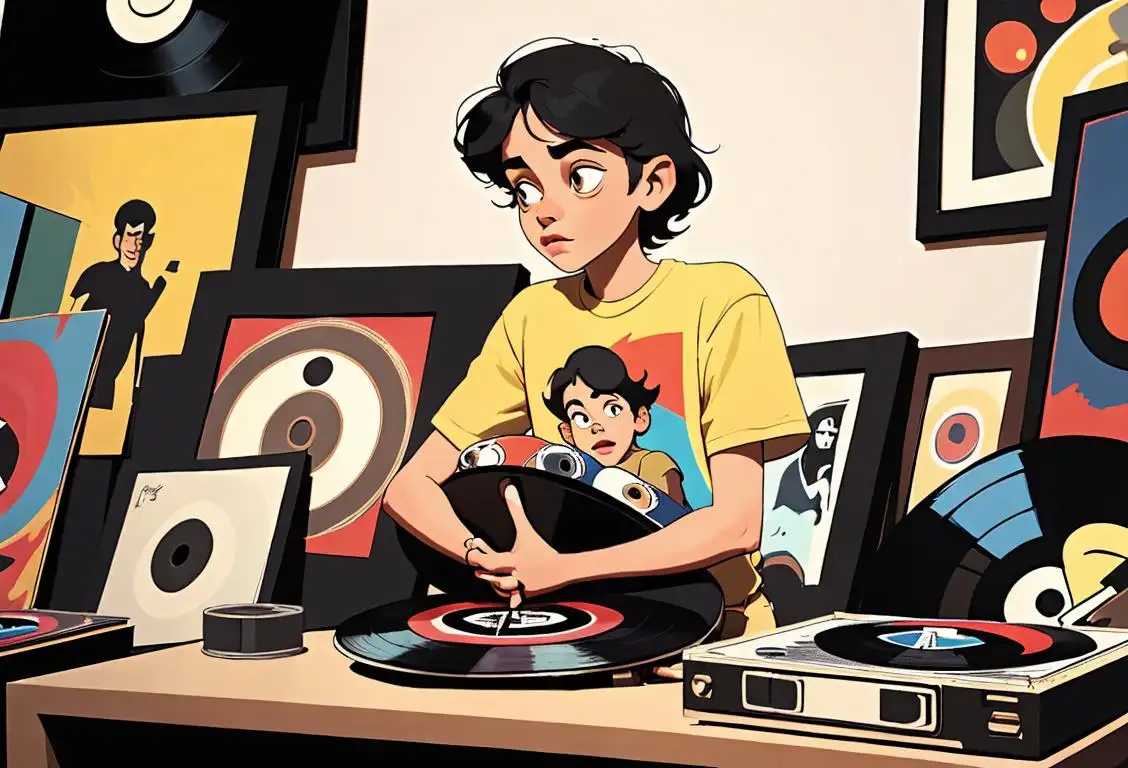National Saxophone Day

Welcome to the day that celebrates the smooth, velvety, and sometimes sassy sound of the saxophone. Yes, you got it right, it's National Saxophone Day! A day that dances to the rhythm of the jazz and reverberates the echoes of the blueness of the blues. So buckle up, put on your imaginary fedoras, and let's jazz along.
When is Saxophone Day?
It's national saxophone day on the 6th November.
A Brief Intro
Played by gripping it around the neck and delivering some sweet blow, the Saxophone, also known as 'sax', is a musical instrument that has jazzed its way to our hearts. Now, it's time to pay a little tribute to this fantastic instrument on the National Saxophone Day. Named after its designer, Adolphe Sax, National Saxophone Day falls every year on the 6th of November. Ever since its most mentions on internet on 6th November 2015, saxophone lovers are over the moon each year on this date.
Let's Jazz It Up
So, how can you make the most of this day that brings the brass family to the limelight? It's as simple as listening to classic saxophone tunes or trying your hand at playing it (no judgement, we promise). Or maybe, hum along a Kenny G song for this day. Fun, isn't it?
All That Jazz and More
The saxophone, despite its glamorous facade, wasn't born into jazz. Adolphe Sax originally developed it in the 1840s for use in orchestras and concert bands. But oh boy, once the sax found its way into the world of jazz, there was no turning back. It became synonymous with cool cats and smoky bars, captivating audiences with its intense, powerful sound and endless flexibility.
Final Note
Whether you're a fan of jazz, a player of the sax, or someone who just enjoys the warm, sultry tones of this illustrious instrument, National Saxophone Day is your chance to dive deep into the world of the sax. So, let's raise a note to Mr. Adolphe Sax and spin some classic tunes in honor of National Saxophone Day's Internet history.
History behind the term 'Saxophone'
1840
Birth of the Inventor
The history of the saxophone begins with the birth of its inventor, Adolphe Sax, in Dinant, Belgium in 1814. Sax was a musician and inventor who dedicated his life to creating and perfecting musical instruments. He grew up in a family of instrument makers, and his father's workshop served as his playground and learning ground. Sax's unique childhood experience would later contribute to his innovative ideas in instrument design.
1846
Invention of the Saxophone
In 1846, Adolphe Sax patented the saxophone, a single-reed woodwind instrument with a brass body. He wanted to create an instrument that combined the best qualities of both woodwind and brass instruments. The saxophone had a distinctive sound that was different from any other instrument of its time, and Sax believed its versatility and expressiveness would make it a valuable addition to the orchestral and military band ensembles.
1847
Debut in the Military and Classical Music
The saxophone made its debut in both military and classical music around 1847. Sax himself performed on the saxophone in the military bands of the Parisian National Guard and French Army. Its unique sound and projection made it particularly suitable for outdoor performances in military parades. Sax also showcased the saxophone's capabilities in classical music, composing numerous works featuring the instrument. However, initial reception from the classical establishment was mixed, with some critics dismissing it as a novelty.
1920s
Rise of Jazz and the Saxophone
The popularity of the saxophone soared in the 1920s with the rise of jazz music. Its expressive tone and ability to mimic the human voice made it an ideal instrument for the improvisational style of jazz. Renowned jazz musicians such as Coleman Hawkins, Benny Carter, and Charlie Parker showcased the saxophone's versatility and virtuosity, elevating its status as a quintessential jazz instrument. The saxophone became an icon of the jazz age, symbolizing the spirit of rebellion and creativity.
20th Century
Integration in Various Musical Genres
As the 20th century progressed, the saxophone found its way into various musical genres beyond jazz and classical music. It became a staple in big bands, R&B, soul, funk, rock, and even pop music. Artists like John Coltrane, Stan Getz, and Michael Brecker pushed the boundaries of saxophone playing, exploring new techniques and expanding its tonal possibilities. The saxophone's ability to create emotional and expressive melodies made it a favorite among audiences across different musical styles.
Today
Continued Popularity and Legacy
In the present day, the saxophone continues to be a popular and beloved instrument. Its distinct sound evokes a wide range of emotions and has the power to captivate listeners. The saxophone remains an essential component of various musical genres, including jazz, pop, and contemporary classical music. It continues to inspire new generations of musicians to explore its expressive capabilities, ensuring that the legacy of Adolphe Sax's invention lives on.
Did you know?
Did you know? His musical upbringing (his father was a maker of musical instruments too!) helped Adolphe Sax create not just the Saxophone but also a series of other instruments - though yes, none of them became as popular as our star, the sax.Tagged
fun nationalday music november saxophone jazzFirst identified
6th November 2015Most mentioned on
6th November 2015Total mentions
3925Other days
Saxophone Day
Kazoo Day
Maritime Day
Espresso Day
Drummer Day
Record Store Day
Album Day
No Children Day
Karjon Day
Hug A Drummer Day








